Whether you are newly certified diver or have been diving for a minute, here are some tips on how to be a better SCUBA diver – or a more considerate diver!
These will not only improve your diving experience, but also of those that may be buddied with you, or be in your group.
Master Your Buoyancy
One of the primary skills that you learn in an open water course is buoyancy. Therefore, it goes without saying that this is one of the key factors in how to be a better scuba diver is mastering your buoyancy. This will not only be a key factor in being a better diver, but also in being a more considerate diver.
By mastering your buoyancy you are more in control of your body while diving. How do you master your buoyancy though? Here are some tips on improving your buoyancy for diving:
Make sure you are properly weighted.
If you do not have enough weight, you will not be able to go down – so that is a very obvious probably. However, there is also the potential that you are overweighed. This can make it difficult for you to control your buoyancy as you may find that you are constantly trying to swim up.
Remember back to the basic course and conduct the weight test. If you are properly weighted at the surface you should naturally sink to about eye level at the water level.
Control your Breathing
Breathing plays a role in your buoyancy. If you do not recall some of the basic open water training criteria focuses on buoyancy and movement by only inhaling and exhaling. Filling your lungs will cause you to rise, exhaling can cause you to sink.
Ultimately, buoyancy is important to master to be a better diver, and a more considerate diver because it will prevent you from running into coral, or other divers. When you have more control of your motions and you are not flopping around underwater it is a more enjoyable dive for everyone involved.
If you want to improve your buoyancy then check out the speciality course for Peak Performance Buoyancy. Or, when conducting your advance course through PADI you will conduct a buoyancy portion.
Become Streamlined or Improve your Trim
This goes hand in hand with buoyancy. While trying to make sure you are not too floaty or sink too quickly, there is also the matter of making sure you are trim and navigating properly.
The first step to this is making sure everything is what it’s supposed to be. This means before entering the water make sure all your gauges and gadgets have a proper place. Such as:
- Tucking or clipping your octopus to the BCD
- Ensure that your Submersible pressure gauges or SPGs is tucked in comfortably. Some BCDs you can insert it through a pocket, otherwise, you can use the waist buckle to keep it from dragging.
Once you have entered the water ensure that none of your items have shifted. Then periodically throughout the dive check to ensure that you are not dragging anything.
The next part of streamlining is about overall form.
Improve Your Swimming Technique
I think we have all seen that one diver, who looks like they are riding a bicycle underwater, or trying to run underwater. Poor form creates a lot of issues, mainly that there is probably a lack of buoyancy control, but also that you will just be consuming air without really going anywhere which is not fun for anyone.
In order to be a better scuba diver, you need to know how to swim properly – it’ll save you time and energy. The best form for the best trim is ensuring that your body is basically a plank in the water. Your body should be parallel to the surface/ocean floor. Some people like to hold their hands out in front of them and holding their wrists which makes them more “streamline”.
Also, another way to improve your swimming technique and overall air consumption are paying attention to your finning. There are two things to look at:
- Make sure you have good fins. If you have bad fins, such as too short of ones, then you will probably be wasting energy and not going anywhere.
- Check your kicks, you shouldn’t be doing anything too wide, just enough within your bubble to propel yourself forward.
Master Spatial Awareness
This is one of the surprising most important aspects on how to be a better scuba diver. Once you have improved your buoyancy, and have a sturdy technique down for navigating, the last step to being a better scuba diver is mastering spatial awareness.
Once you know how to move properly in the water, it is just a matter of knowing where you are compared to the environment and the rest of the group.
Being considerate of the environment such as not finning up the sand, or running fins into the coral are important.
It is also just as important to be aware where your dive group or dive buddy is, so as not to be running into them.
How to be a more Considerate Diver
So you have mastered how to be a better scuba diver, you can have the form and the style, great air consumption and a master of buoyancy, but there are still some things to consider in order to be a considerate diver. Ultimately, don’t be ‘that guy”.
Don’t Chase the Wildlife
There is nothing more annoying than a member of the group that goes chasing after the Manta Ray, or the Whale Shark and scares it away. This will quickly make you “that guy” in the dive group and really annoy everyone.
Most dive briefs will always contain the rule “Don’t case the wildlife”, so just follow it so everyone in the group can enjoy seeing that Manta or Whale Shark.
Do Not Use a Camera Until You Are a Confident Diver
If you haven’t mastered your buoyancy, or you’re just not a confident diver, then don’t bring a camera on the dive. A camera is a distraction, and if you haven’t mastered diving for the most part then you are more likely to run into coral, or people when you throw a camera into the mix.
Get some dives under your belt, and improve your abilities, then you can bring a camera along.
Watch Your Camera
Everyone is a photographer these days. However, ensure that having a camera does not make you an incosiderate diver. I have seen so many circumstances of people shoving gopros in front of other people or getting in front of other people in order to get their photo.
Ultimately, look around. Have some situational awareness – this goes back to the spatial awareness of being a “better diver”.
An example I will use is when doing a shark dive we were all positioned along a ridge. Everyone had their “lane” on the ridge, and some white tip sharks were swimming about in the current. The intention was everyone would stay in their little lane area and enjoy viewing the sharks. I personally dive with a camera and had a lucky moment when one of the Sharks came by into my lane. Well, I ended up only with a photo of another diver’s GoPro. This is because that diver saw the shark nearing as well and then swam in front of me to get the video. This annoyed me immensely, and I actually changed dive groups after that dive.
Other situations I have seen have been a dive guide pointing out something and then people shoving their way over to get the first photo.
In the end:
- stay in your lane
- maintain situational awareness of other divers and their space
- and wait for your turn.
Mind Your Time
This feeds into the camera use underwater. If a dive master is pointing out a special find, then look at it, take a photo, and then make way for other people in the group to be able to see it. If you really want to spend time photographing something, then wait for the other divers to look at it and then be the last person in order to ensure no one is waiting for you to move.
However, if you are photographing something, in particular, try to catch your photos and not have the group waiting for you.
Be a Good Buddy
Always maintain situational awareness of where your buddy is, and where the group is. This means checking on your buddy and checking on the group. This goes a long way to ensure safety, and that no one gets left behind.


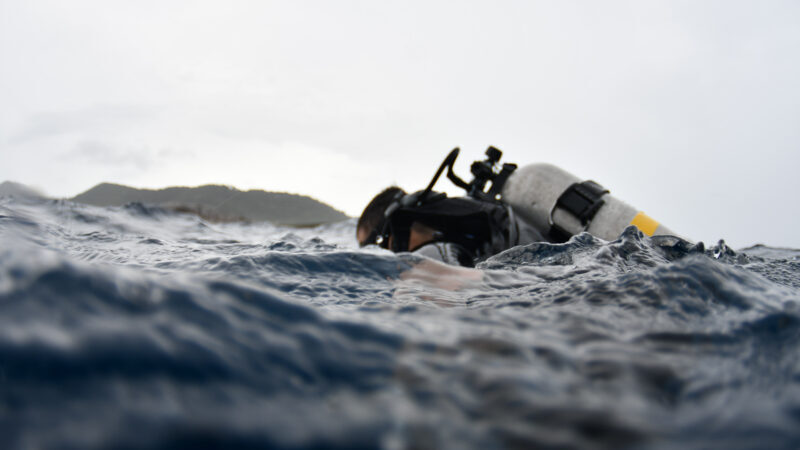
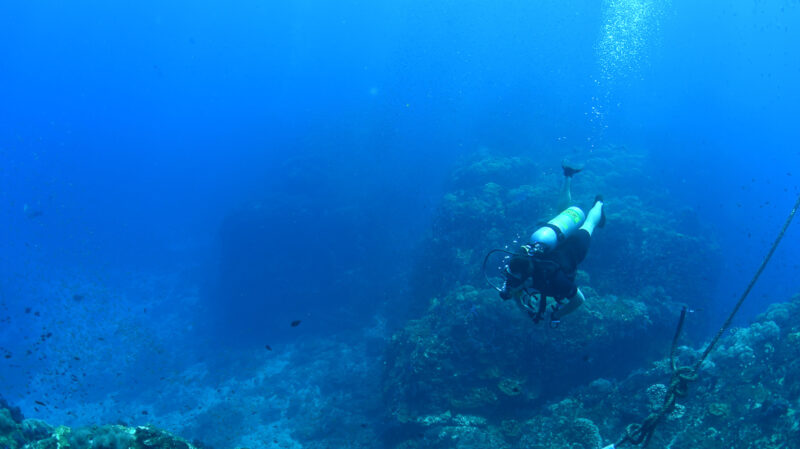
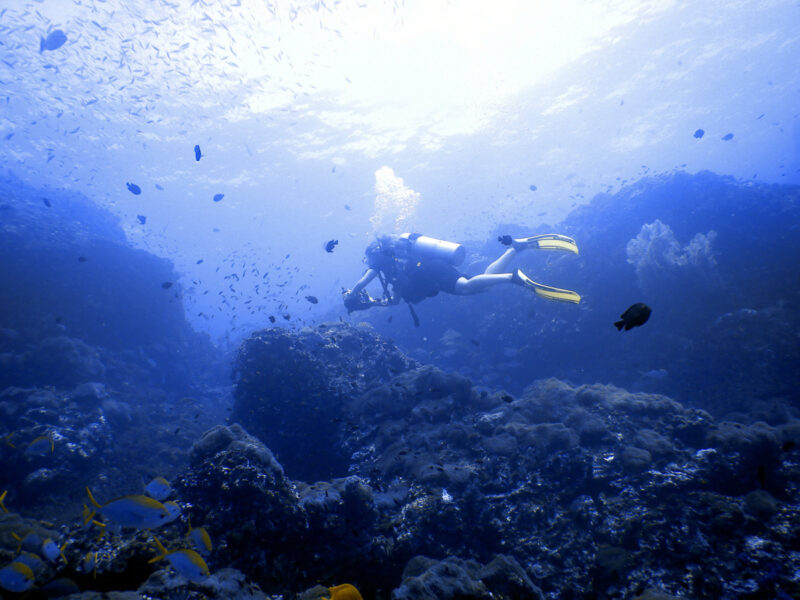
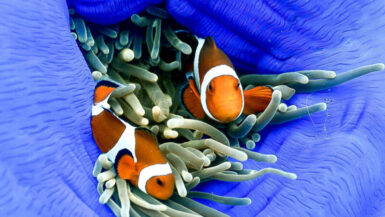
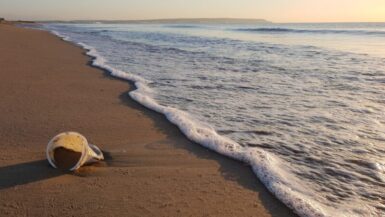
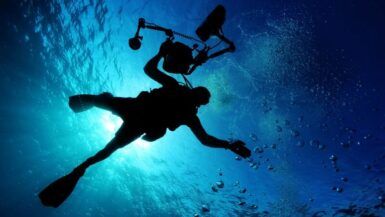
[…] How to Become a Better SCUBA Diver […]
[…] How to Become a Better SCUBA Diver […]